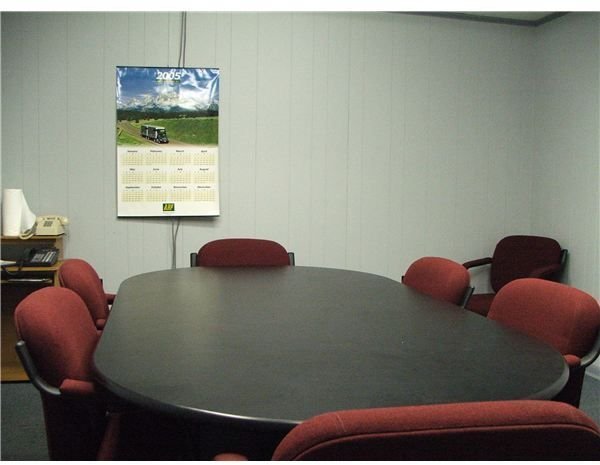10 Great Icebreakers for Small Groups
Introduction
Collaboration is becoming a big thing in businesses now, allowing for different ideas and questions between members from different backgrounds and professions to bring life to a project or meetings. But sometimes even when a group may know each other, getting things off the ground may not work the way you, as group leader or project manager, hope it will.
Using icebreakers for small groups, is all about activities that help to introduce members to each other or find common ground. They are quick, and usually fun ways, in which members of a group can learn about each other, thus allowing for shared connections so that working together becomes easier.
Icebreakers for Small Groups
Icebreakers are helpful during the beginning phase of a group because they help set the members at ease with each other. Even when group
members know each other, they might not actively know each other. Icebreakers are introduction games, usually with the task of helping members get to know each other better than they might. These can be anything from asking each other questions or playing the classic ball toss game.
Here’s a list of 10 great icebreakers for small groups.
1. Interviews
Group interviews are a way for members to get to know other, by asking each other questions. It’s not exactly the way a normal interview would be held, but the premise is the same; members pair up, with one person as the interviewer and the other as the interviewee. After the set time, the party switches. Questions asked should be something akin to “what department do you work in?”, or “How long have you worked for the company?”, or even “What do you like to do in your spare time?”
2. Ball Toss
This is fairly recognizable game, where the instructor gives out a ball. First time ball holders say their names and then toss the ball to another member. That member repeats the name of the person who tossed the ball, and then say their name, before passing it to someone else. This is a trick to learn everyone’s name in the group; variations on this would be to have the person make up something to go with their names, like Gigging Gina or Tricky Tom.
3. Fact or Fiction
Here, members write a number of different sentences in which one is not true. They can then either pair up with another member, or stand before the whole group to read aloud their sentences. The group then has to guess which of the sentences are false. A reverse could be to write one true sentence, and then have the group guess the true sentence.
4. Telephone
This is a fun game to do with any size group, though the bigger the better. Telephone starts when one person thinks up a sentence and then whispers it to the person next to them. The purpose is in communication and how sometimes we can misconstrue something we have heard; however, it is usually a fun exercise to hear the end results.
5. Skit
This is a good creative endeavor which can help with the thought process of the project at hand. The group splits into smaller groups and each has to either come up with an idea for a short skit or can be given an idea by the group leader.
6. Guess Who?
Much like the board game you may have played as a kid, each participant is given the name of a famous person, but aren’t allowed to see it. The member then asks questions to figure out who they are.
7. 20 Questions
Another game in which either the group or another member asks questions to find out about a person. The answerer thinks up something about themselves and the goal is to ask and find what that something is.
8. Favorites
Group members can either act out or ask questions to other group members about their favorite things, such as movies, music, or activities.
9. Gameplay
If you know that members or your group love a particular sport or movie, you can have members state what role they would be. For instance, if members are Star Wars fans, have them split into Rebels and Empire groups to work on a task
10. Match
Like Guess Who, members are given names of an individual that makes up a famous pair and then have to

ask questions in order to discover their partner.
Utilizing these types of icebreakers will not only help to get your group familiar with each other, but it also starts the project off with a sense of fun and a relaxed atmosphere, which can make working on the project even better for everyone involved. While these different games shouldn’t take up much time, don’t be afraid to spend the first day of the project just on having people get to know each other. The time you, as group leader or project manager, take to make sure that your group is working well together and understands what is going on, is time that you won’t have to spend if something should happen or communication breaks down.
These icebreakers for small groups can also be used for large groups, so don’t be afraid to use one or more of these if you have a group greater than five or ten (though some adjustment may need to be made).
References
Icebreakers for Meetings - https://communication.howstuffworks.com/business-communication-icebreaker4.htm
Image @ Morgue File, page two Morgue File
